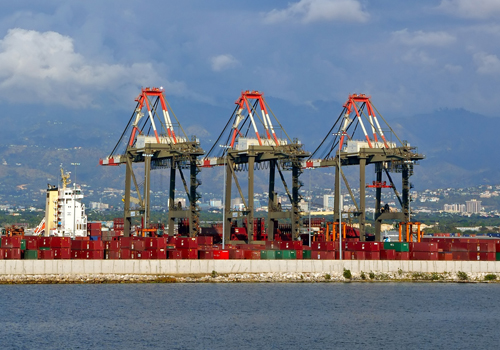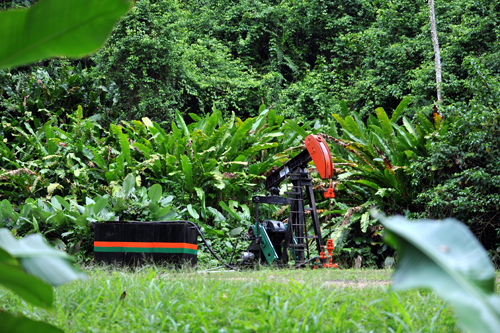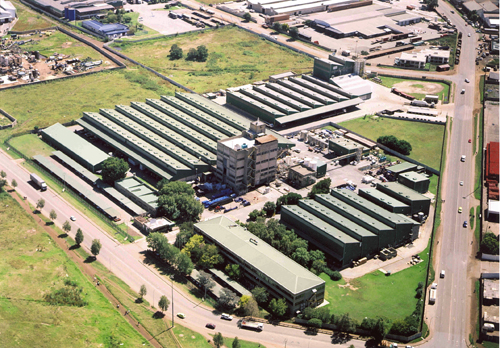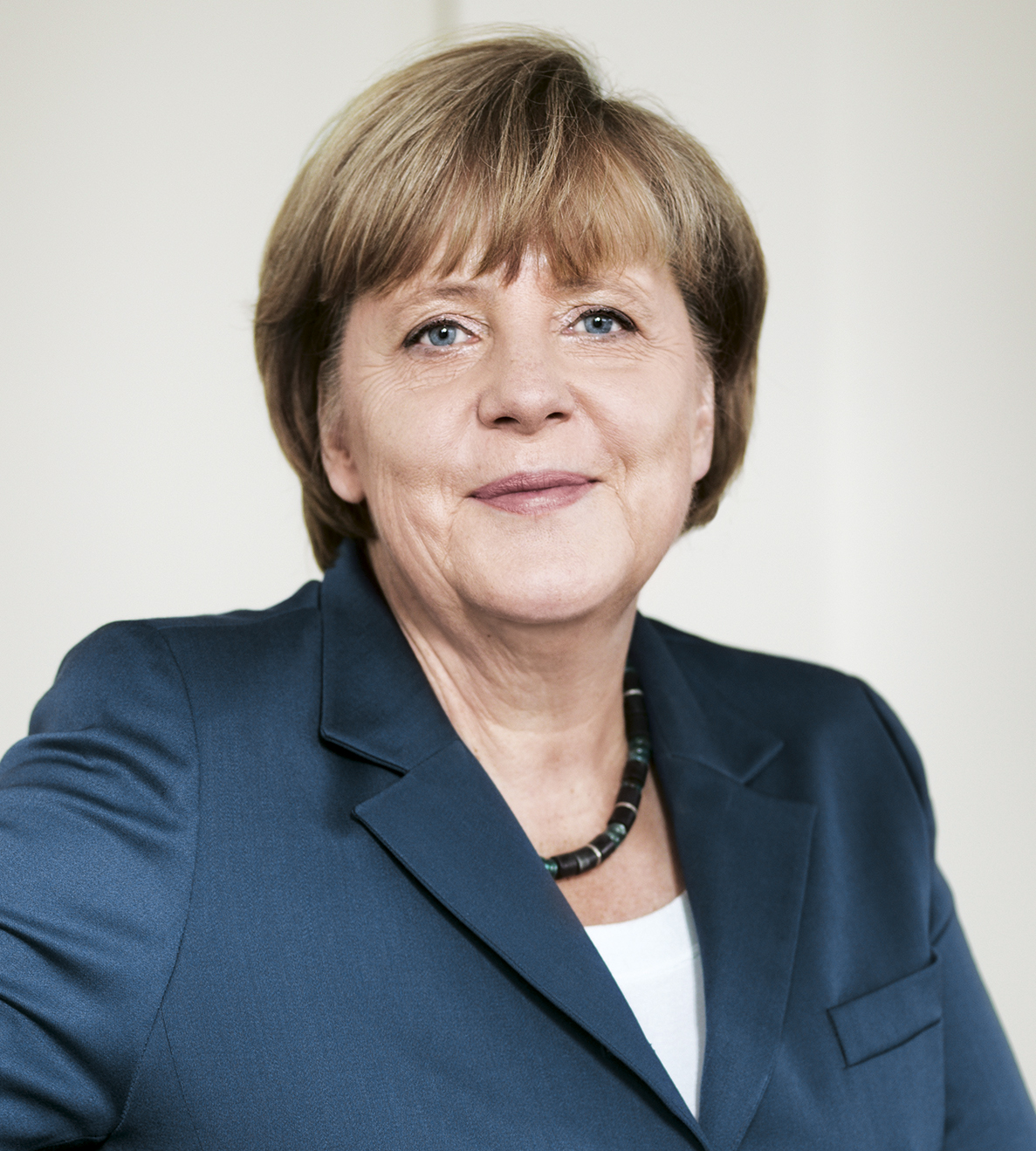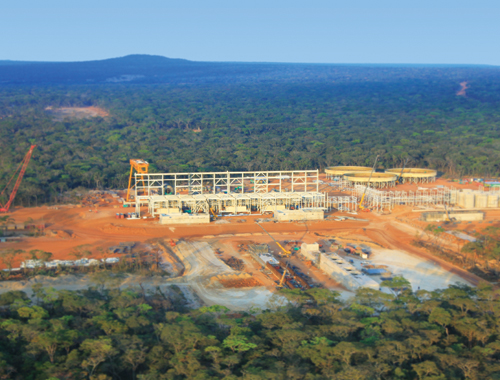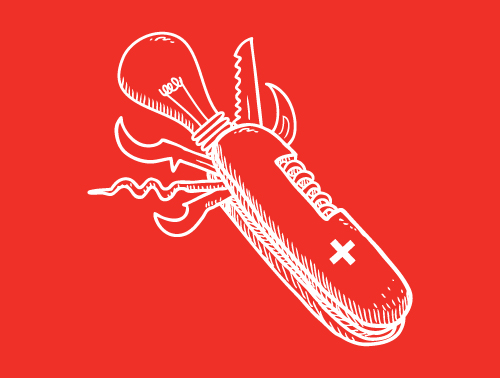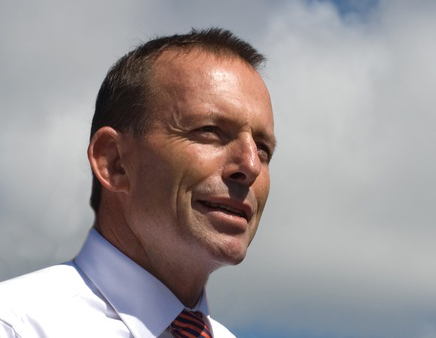
The First Quantum Minerals (FQM) story began in the late 90s and spans humble beginnings from a tailings retreatment process at Bwana Mkubwa in Zambia, to its present day achievable aspiration to be one of the world’s leading copper producers. The financing and development of Kansanshi marked the transition of the company to a fully fledged miner and the beginning of a spectacular growth story for the company over the last decade.



 StandardBank-Africa-Mining-Oct13-Bro-s.pdf
StandardBank-Africa-Mining-Oct13-Bro-s.pdf